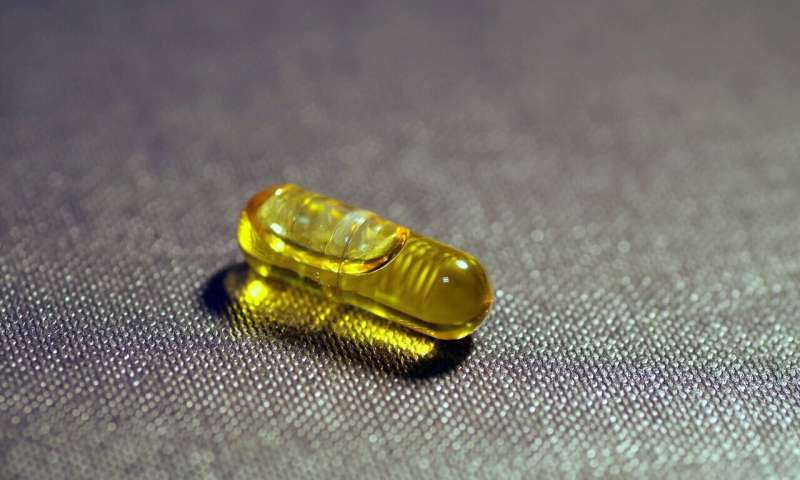Home » Health News »
No evidence vitamin D affects COVID severity in people of European ancestry: new study

The ongoing coronavirus pandemic has seen a wide variety of untested off-the-shelf COVID treatments suggested—from Trump’s infamous disinfectants to more traditional herbal remedies, the idea of a simple protection from the deadly disease has proven an appealing one.
Amongst these suggestions though, it’s vitamin D that has gained the most column inches in recent weeks, with a number of prominent MPs currently campaigning for its wider use.
Now however, a new study from geneticists at Brunel University London, published in BMJ Nutrition, Prevention and Health, has found there to be no evidence that a person’s vitamin D levels affects how severely they suffer from contracting COVID-19.
Vitamin D is created naturally by the body using sunlight and is particularly important for bone health. Whilst some previous studies have suggested a link between vitamin D deficiency and COVID-19 mortality rates, the NHS currently stops short of recommending it as a treatment against the disease, although they do recommend that people should consider taking vitamin D supplements to make up for a lack of sunshine during lockdown
“All of our work is based on the idea that correlation is not causation,” said project-lead Dr. Fotios Drenos, a senior lecturer in genetic epidemiology at Brunel. “There are lots of studies available at the moment, but they solely correlate between Vitamin D and COVID.
“For example, there are studies that say that those that die have lower levels of vitamin D, and that’s true. But those that die also tend to be older—they’re kept at home and they’re inside. They’re not young, active people spending their day outside. That was the problem we were trying to address, what is correlation and what is causation.”
Using data from the COVID-19 Host Genetics Initiative and the UK Biobank, and a process known as Mendelian Randomisation, the team set out to determine whether an individual’s genetic predisposition for high or low levels of vitamin D had an effect on how badly they suffered the effects of COVID-19.
Whereas the ‘gold standard’ test of a randomised controlled trial would split a real-world group in two and give half vitamin D and half a placebo, Mendelian Randomisation creates its split using people’s inbuilt genetics. The scientists identify the genes associated with vitamin D—some people are predisposed to lower levels, whilst others naturally have higher levels—and then investigate whether those two groups are affected by COVID differently.
“So, essentially you have two groups that have been randomly selected by nature, as it were, because of their genes,” said Hasnat Amin, a doctoral researcher at Brunel.
“We can then compare the rates of COVID-19 between those two groups, and if we find an association we can say it is causal, because there are no other differences between the two groups.
“If the only difference is that one group has good vitamin D genetics and the other group has bad vitamin D genetics, and there is a difference in how severely they get COVID, you can say that there is evidence of a causal relationship, and if there isn’t a difference, you can say there is no evidence of a causal relationship. We found no evidence of a causal relationship.”
The study only covers people of European ancestry due to the datasets that were available to the researchers, who say their results aren’t necessarily applicable to other groups because of how a person’s skin-colour naturally affects their levels of vitamin D. The study of genetics can be very highly skewed towards people from European ancestry as the data used is most frequently collected from Europeans or Americans of European decent.
“For many things, what we see in one population is relatively similar to the other populations,” said Dr. Drenos. “But especially in the case of vitamin D, skin colour, cultural differences and how people are exposed to the sun makes it difficult to say if our findings apply to everyone.”
Source: Read Full Article


